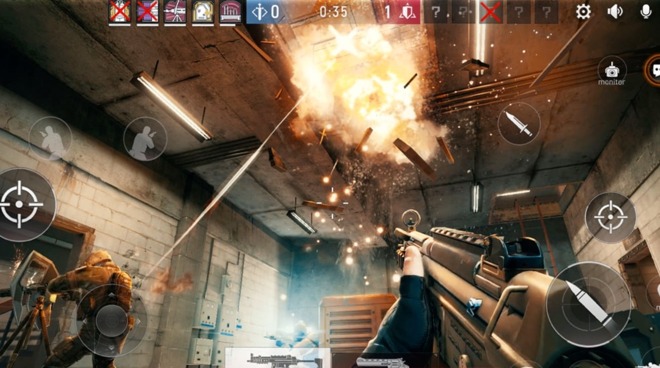Protecting intellectual property is crucial for any successful video game franchise. Recently, two industry titans, Ubisoft and Microsoft, took a stand against the unauthorized sale of merchandise related to their popular titles, Assassin’s Creed and Minecraft. These lawsuits highlight the ongoing battle against counterfeiting within the gaming industry.

A Multi-Platform Assault: Targeting Unlicensed Merchandise
Both Ubisoft and Microsoft filed lawsuits targeting the sale of unlicensed merchandise on various online marketplaces. These marketplaces, including iOffer, Wish, Amazon, Walmart, and eCRATER, allegedly hosted third-party sellers offering counterfeit products that infringed upon the intellectual property rights of the respective companies.
Deception Through Imitation: The Problem of Counterfeit Merchandise
The lawsuits allege that the infringing merchandise uses recognizable elements from the Assassin’s Creed and Minecraft franchises. These imitations are likely designed to deceive consumers into believing they are purchasing genuine, officially licensed products.
Ubisoft specifically mentions that counterfeit sellers leverage SEO (Search Engine Optimization) tactics to gain a higher ranking in online searches compared to legitimate merchandise. This deceptive practice makes it difficult for consumers to find authentic products and increases the likelihood of them unknowingly purchasing counterfeits.
A Persistent Problem: The Elusive Nature of Counterfeiters
One of the significant challenges in combating counterfeit merchandise is the sellers’ ability to evade detection and legal repercussions. The lawsuits mention that these sellers have employed tactics like changing company names or utilizing websites hosted on non-US servers to avoid previous litigation attempts.
This highlights the need for a multi-pronged approach, combining legal action with cooperation from online marketplaces to effectively shut down counterfeit operations.
Protecting Intellectual Property: The Goals of the Lawsuits
Both Ubisoft and Microsoft aim to achieve specific outcomes through their respective lawsuits:
Cease: The lawsuits seek to permanently halt the sale of unlicensed merchandise by the targeted sellers. This would prevent further infringement on their intellectual property rights.
Preventative Measures: The lawsuits aim to establish legal precedents that discourage future attempts at counterfeiting these franchises’ merchandise.
Damages Recovery: Ubisoft has estimated damages of $2 million per intellectual property violation, indicating their intent to recover compensation for lost sales due to counterfeit products.
Identifying the Source: While the initial lawsuits do not name specific sellers, a critical next step involves identifying the manufacturers and distributors in China, the primary source of many counterfeit goods.
A Broader Issue: The Impact of Counterfeit Merchandise
Counterfeit merchandise poses a significant threat to the video game industry beyond lost revenue for developers and publishers. Here’s a breakdown of some of the negative consequences:
Consumer Harm: Counterfeit products are often of inferior quality and may not meet safety standards. This can put consumers at risk and damage the reputation of the original brand.
Loss of Jobs: The sale of counterfeit merchandise undercuts legitimate businesses and can lead to job losses within the gaming industry.
Erosion of Trust: The prevalence of counterfeits can erode consumer trust in established brands and make it difficult for them to compete in the marketplace.
FAQs
Q: Why are Ubisoft and Microsoft suing over counterfeit merchandise?
Ubisoft and Microsoft are suing to protect their intellectual property rights and prevent the sale of unlicensed merchandise that infringes upon their popular franchises, Assassin’s Creed and Minecraft.
Q: What are the risks of buying counterfeit video game merchandise?
Counterfeit merchandise is often of inferior quality and may not meet safety standards. Additionally, purchasing counterfeits hurts the video game industry and can lead to job losses.
Q: How do counterfeiters evade litigation?
A: Some counterfeiters change company names or host websites on non-US servers to avoid legal repercussions, as highlighted in Ubisoft’s lawsuit.




